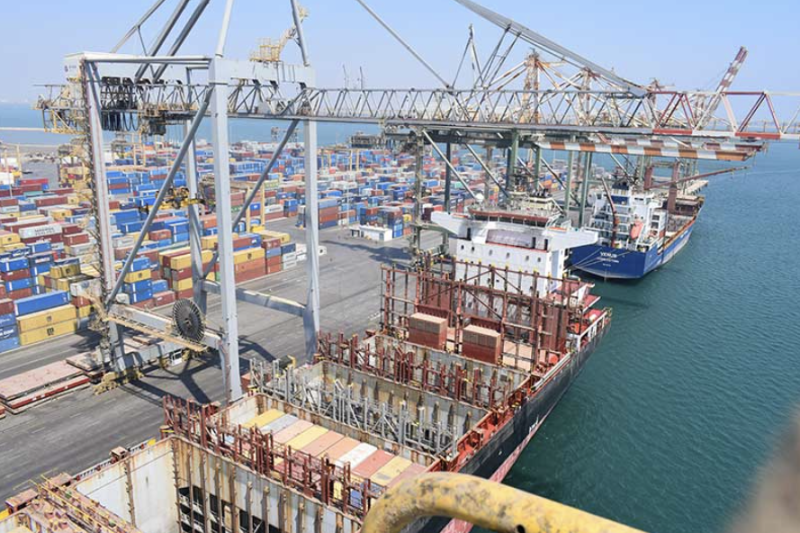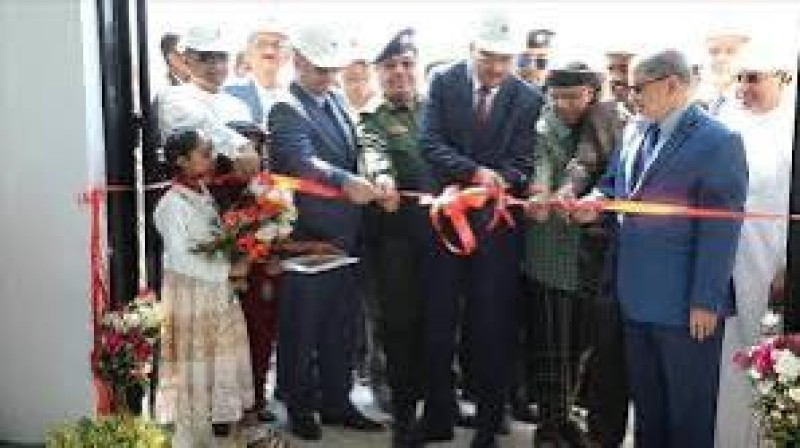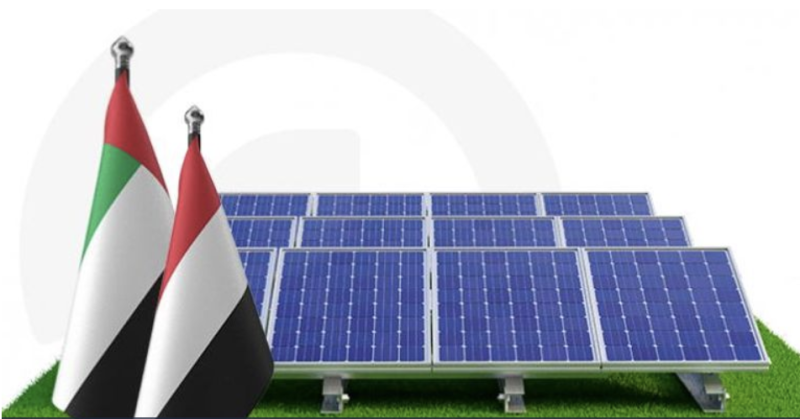Yemen: ACTED’s action avoids daily water shut-off in Dahmar hospital


Since the beginning of the conflict early 2015, intense fighting has devastated Yemen's economy system, leading to serious food insecurity, internal displacement and the destruction of infrastructures. Currently, 4 million of people are internally displaced, and an estimated 80% of the population require some form of humanitarian or protection assistance, with 79% being children and women.
Under the EuropeAid-funded project, ACTED, alongside International Rescue Commitee, Norwegian Refugee Counsil, Danish Refugee Counsil, CARE and SFCG works to deliver long-term, sustainable benefits to targeted communities. These solutions help internally displaced persons and vulnerable communities strengthen their resilience and help them in becoming less dependent on humanitarian assistance.
Water cuts for several hours a day in Dahmar Hospital
Ali Yahya Sinan Albarda is a 35-year-old, he has been workingas the Head of the General Manager's Office of Dhamar General Hospital for a year and a half. Before ACTED's intervention, the hospital would go through water cuts for several hours a day. The Head of the General Manager's Office recounted that before the construction of the elevated tank, the water pump used to work 18 hours a day in order to cover the constant need of water within the hospital. Thus, the water pump would often break down. As a result, he would need to purchase 33 water trucks or wait for several hours for the water pump to be fixed.
"On the very first day of constructing the elevated tank, I was excited and there was an undescribed amount of joy within me; it was like a dream becoming true." HEAD OF THE GENERAL MANAGER'S OFFICE OF DHAMAR GENERAL HOSPITAL
With no access to water for several hours a day, the hospital could not run properly. This created concerning situations such as the interruption of dialysis sessions, the lack of regular and healthy meals for children, the doctor's necessity to perform fast caesarean surgeries to avoid sudden water cuts, impossibility to sterilize material, leading to the serious spread of infection.
Now that ACTED finalized the construction of the elevated tank, the Dahmar General hospital can function normally. The water is available on a 24/7 basis, enabling all departments to assist all patients in the best way. The hospital needs 120 cubic meters of water to function properly. With the new elevated water tank there are no more water cuts allowing medical staff to work in a safer environment.
"The hospital's financial resources have recorded a noticeable increase since the establishment of the elevated tank, as the hospital no longer has to buy water, or to consume fuel to operate the pump. For more than 18 hours a day, doctors do not have to worry about sudden water interruptions while performing surgeries." HEAD OF THE GENERAL MANAGER'S OFFICE OF DHAMAR GENERAL
Finally, the staff in Dhamar hospital is very grateful for this notable improvement that allows for better patient care and improved hygiene measures.
*"Before the elevated tank construction, the morning and evening cleaning shifts were delayed due to sudden water cuts, but now they are organized and on time, reducing stress and tiredness. **As a doctor, I must undergo permanent sterilization as well as keep my personal hygiene and my general appearance in front of patients and now I am not worried about the sterilization process, because the water is now available all the time", *explained Dr Nadia Muhammad, Head of the Women's Department.

Aden — Ports under the authority of Yemen’s internationally recognized government have received more than two million metric tons of fu…

Mukalla — Local authorities in Hadramout have announced the inauguration of Yemen’s first solar-powered cement station, a landmark proj…

AbuDhabi -- The United Arab Emirates has pledged $1 billion to bolster Yemen’s electricity sector, marking one of the largest development com…